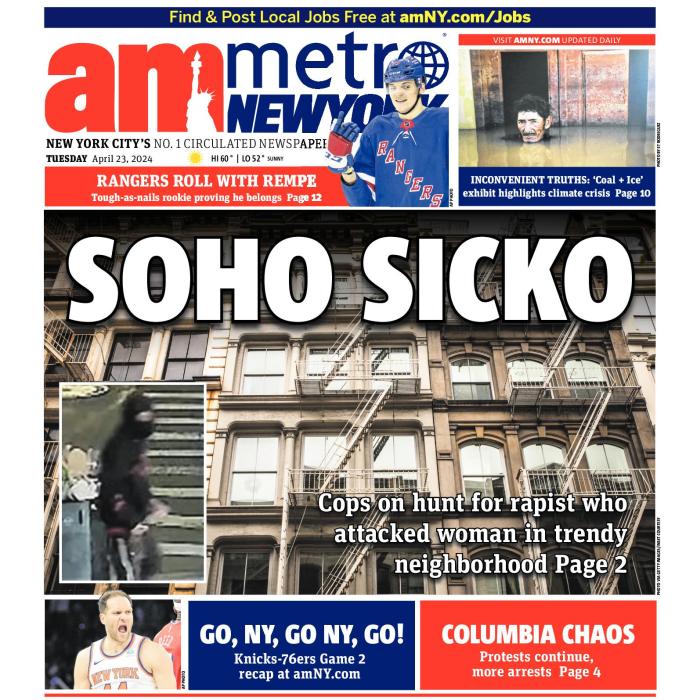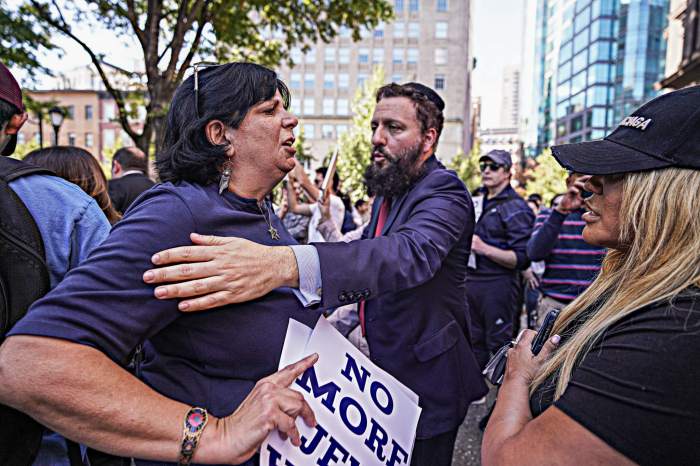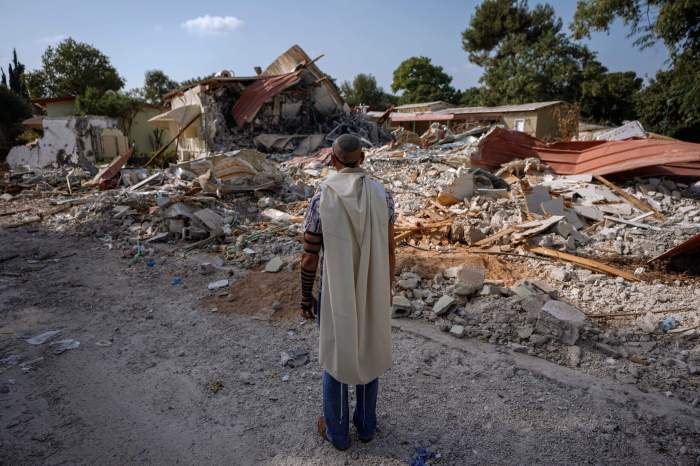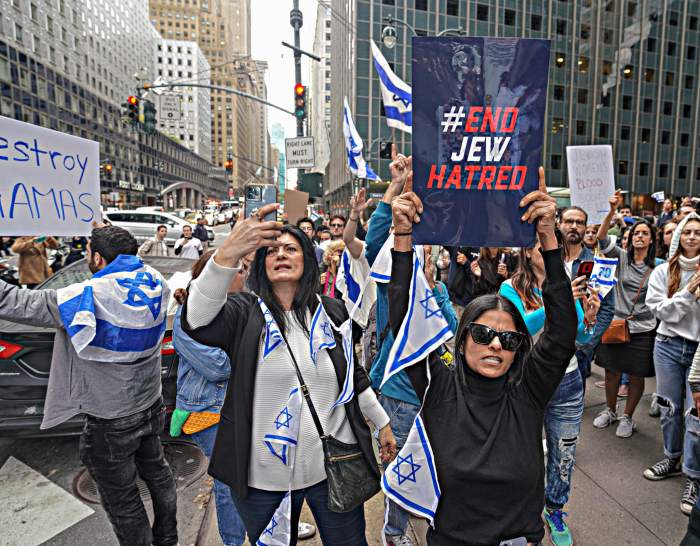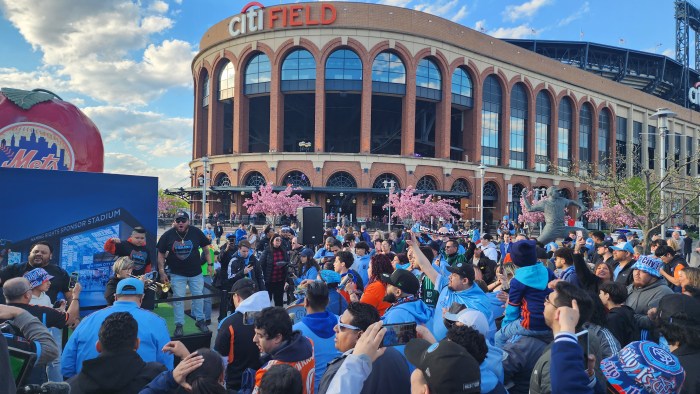
Get ready to take a reusable bag to the store.
Following the lead of other major cities, and putting a spotlight on the issue across New York State, the City Council is expected to approve a bill this week to add a 5-cent fee per plastic or paper bag used for grocery and retail purchases.
It’s a smart idea that should change behavior. City residents use a staggering 9 billion disposable bags a year and don’t recycle most. Bags foul storm drains, waterways, trees and beaches. They harm birds and fish.
The fee might make a difference. Other cities have tried similar laws and seen an impact. A survey of Washington, D.C., residents, for instance, showed that plastic bag use dropped by 60 percent when the city adopted a nickel fee. Fewer bags were found in litter cleanups there.
NYC isn’t allowed to institute taxes without state approval, so the city wouldn’t gain revenue. Retailers would keep every nickel. That’s unfortunate, as it would’ve been better to have a dedicated fund for the city’s environmental needs, but the fee seems to be the only way to get it done.
The best solution is a far broader one: a statewide ban on plastic bags in retail stores. But for now, the city legislation is the way to go. It tries to make this easy on consumers. It exempts bags for takeout food, and for those used to wrap vegetables, meat or medications. People who use food stamps wouldn’t have to pay. City officials have plans for outreach and advertising so New Yorkers are ready before the law’s start date in October. And they’d make reusable bags available, particularly for low-income residents.
Those steps are critical to the program’s success. Retailers should embrace the approach by initially offering reusable bags for free or at a discount. Branding opportunities should give them value in return. City officials should encourage bodegas and small shops to make bags available, too, perhaps by connecting with wholesale distributors.
There are provisions in the bill to study its impact. NYC officials should make changes if there are unintended effects. For now, if the city law works, the impact could be measured in far more than nickels. We’d be saving the city’s environment, one bag at a time.
